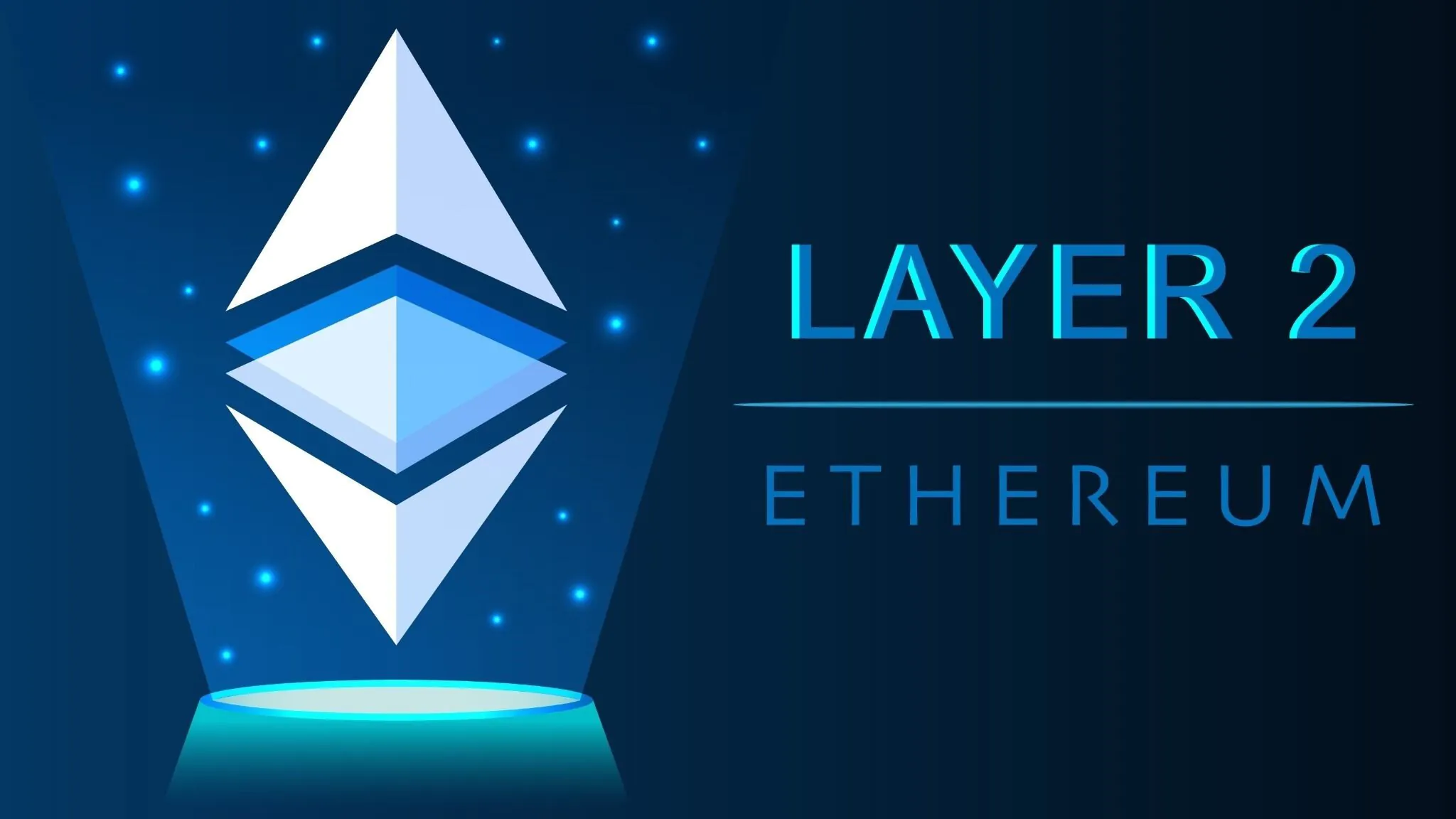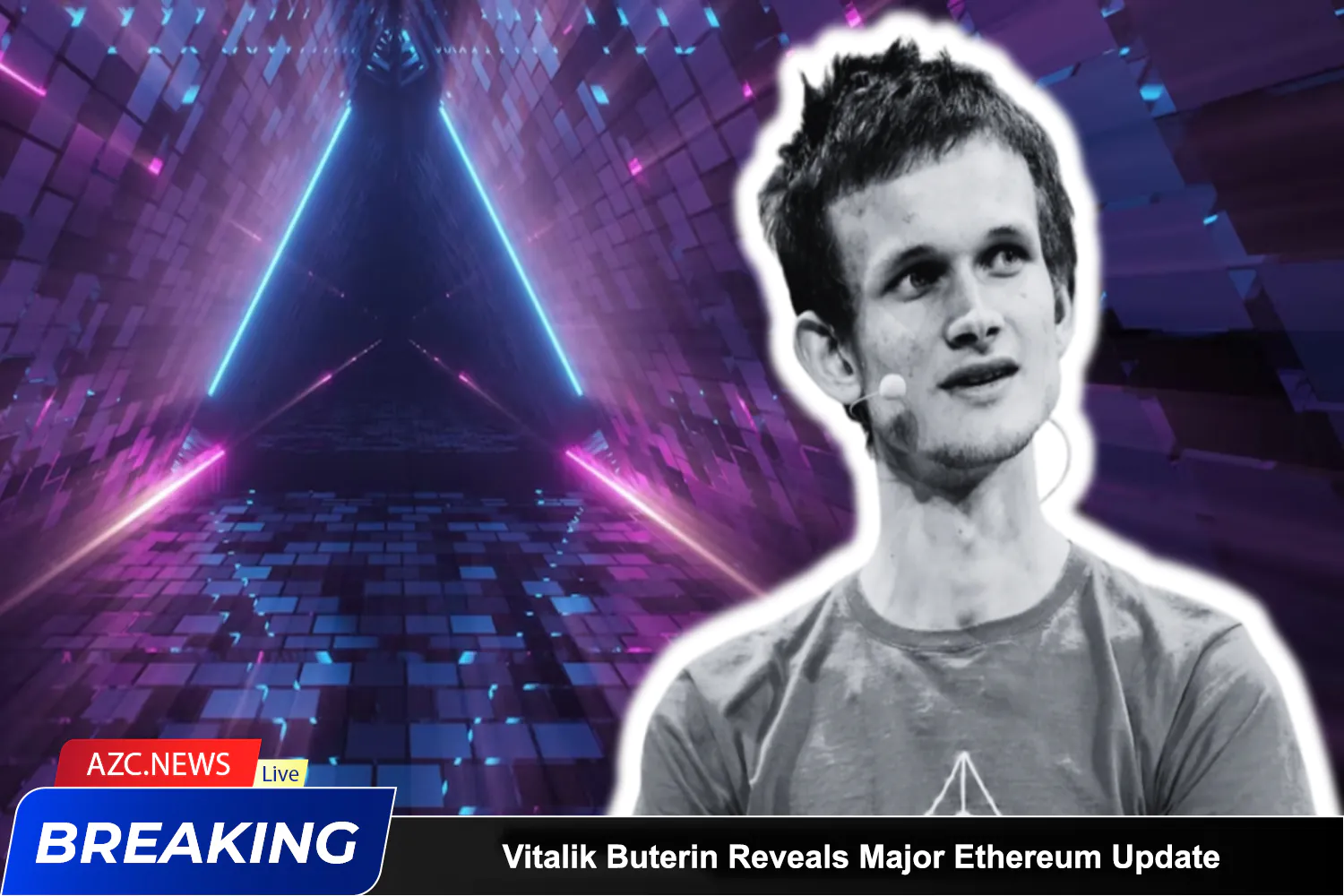A superior user experience is crucial for the adoption and sustainable growth of any technology, and the leading Layer 1 blockchain, Ethereum, is no exception.
As adoption increases, it is evident that to maintain its position as the “King of DeFi,” Ethereum must enhance the user experience. Efforts so far have focused on scaling, including delivering fast and low-cost transactions through major upgrades and a roadmap centered on rollups.
In this context, Ethereum co-founder Vitalik Buterin has published an article exploring methods to reduce the network’s transaction confirmation times. This initiative promises to drive adoption and enable the development of innovative, user-friendly applications.
“There is value in further improving the user experience”: Vitalik
Vitalik Buterin believes that Ethereum can enhance user experience by achieving faster transaction confirmations. In his June 30 blog post, Buterin discussed ways to achieve these faster confirmation times. He argued that Ethereum has made significant progress over the past five years, achieving confirmation times of 5 to 20 seconds, but there is still room for improvement.
“… improving the user experience will be even more valuable, and some applications genuinely require latencies in the hundreds of milliseconds or less,” he wrote.
Epochs and slots all the way down: ways to give Ethereum users faster transaction confirmation times https://t.co/lfCXrFm6A1
— vitalik.eth (@VitalikButerin) June 30, 2024
A transaction is confirmed on the blockchain when it is included in a new block and that block is validated by the network. This initial confirmation, often referred to as a slot, takes 12 seconds to complete, as Buterin highlighted. Additional confirmations occur as more blocks are added, with finality being reached when the transaction is considered irreversible.
Buterin outlined three main ideas commonly considered for facilitating faster transaction confirmation times: single-slot finality, pre-consensus rollups, and requiring Layer 2 chains to have native validators committed to signing blocks within milliseconds. Additionally, pre-confirmation, where users pay an extra fee to block proposers for quicker transaction confirmations, was discussed.
However, the Ethereum co-founder pointed out some drawbacks associated with these individual techniques. For instance, single-slot finality only reduces the finality time without addressing the confirmation time. Meanwhile, pre-consensus rollups impose high requirements on rollups to ensure all have decentralized sequencers, which he likened to creating an entirely new Layer 1 chain.
Related: Layer-2 Blast Officially Launches Token Airdrop and Lists on Bybit
Despite these challenges, he proposed a combination of single-slot finality with either pre-deployment pre-confirmation or base-layer pre-confirmation to reduce confirmation times to just 2 seconds.
Any combination chosen by developers is likely to impact the Layer 2 chains built on Ethereum.

What Layer 2 Chains Should Do
According to Buterin, there are currently three strategies that Layer 2 chains can adopt. They can: base their sequencing on the Layer 1 chain, delegate sequencing to the Layer 1 chain, or act as “blockchain scaffolding servers,” a strategy used by validium chains, relying on fast nodes to reduce latency.
While Buterin seems to favor rollups based on the first approach, some advocates have questioned the motivation behind this preference.
Crypto researcher Ittai Abraham suggested that instead of being dependent on the base layer, Layer 2 chains have a stronger incentive to operate more like Layer 1 chains. This approach offers greater independence and can potentially increase the value of their native tokens.






